How To Build Team Morale In The Midst Of Transition
Transitions are inevitable in the corporate world. Unavoidable as they may be, they're not always easy to navigate.
Regardless of how many times people have been through transitions in the workplace, and whether these transitions are initiated by self (i.e. changing a job) or from external forces, there always remains an element of uncertainty and trepidation.
When we extrapolate this to teams, these multiple transitions – be it changes in leadership, team reshuffling, or organisational restructuring – can be disruptive to team morale. If a period of transition is mismanaged, it can result in highly disengaged team members who are unable to adjust to the new changes and can even negatively impact productivity.
Transition Is Hard
Let's face it. Transition (of any kind) will impact teams, simply because it feels like they're treading unfamiliar territory.
A period of transition is also a period of high tension among team members. These tensions can spark potential conflicts among team members and dampen team morale.
When team morale plummets, not only do they not perform at their best, but they also spread their negativity like a contagious virus.
The best way to circumvent the pitfalls that a transition brings, and to boost team morale even in the midst of a transition, is to take a proactive approach by building team morale from the get-go.
Tips For Building Team Morale In The Midst Of Transition
Whether you are battered and bruised from a recent transition, discouraged being right in the middle of one, or intimidated as you are about to face one, here are some ways you can build team morale during a period of transition:
1. Contextualizing the transition
Managers need to help employees contextualize what's happening in the organization and understand why the change has to happen. Employees who can visualise the bigger picture are better positioned to see the larger purpose and dispel fears or concerns about uncertainty.
Employees no longer feel confused and intimidated about the myriad of changes, making them likely to accept change and be open to new ideas.
When employees are happy and empowered, they are more productive, less likely to leave the company, and more likely to recommend it to others. In fact, according to this study by Gallup, more engaged business units are 14% more productive than others.
2. Preparing the team for the change
As mentioned earlier, low team morale is often due to the fear and anxiety that employees feel in the face of change.
In these moments, preparation is key. As the saying goes: if you fail to plan, you plan to fail.
What is essential is to develop a clear plan that all employees understand and create channels of communication for regular updates and feedback to take place. This gives employees a sense of clarity in what changes to expect, when to expect them, and what is needed to prepare for those changes.
Opening channels of communication in the preparation stage is critical. That not only allows the organisation to anticipate and allay concerns from the early stage, but it also gives a valuable platform for employees to take ownership of the transition period, and provide feedback that can prove insightful to streamlining the changes.
3. Creating a sense of belonging
A sense of belonging will prove to be pivotal in building team morale. It gives employees the feeling that they are part of something special and have a place where they belong. That cements their loyalty to the organisation, and gives them added impetus to push through the period of transition, in spite of the tensions that change might bring.
Organisations can foster this sense of belonging by investing in quality team-building activities, celebrating team accomplishments and milestones, and ensuring that your team members know what they're working towards.
Final Thoughts
A transition can present many opportunities for growth. But when it is poorly managed, it can be a source of stress for many and take a toll on team morale.
It takes concerted effort and consistent commitment to prioritising the team (to be clear, the people that make up the team) to ensure that team morale is unfazed despite the ongoing changes.
Written by Rachel Chai
Connectedness • Empathy • Strategic • Belief • Context
Rachel is a Strengths School™ Certified Strengths Trainer and the Content Lead at Strengths School™. Being deeply introspective, she believes in helping others draw connections between how their unique strengths play out in their lives.



